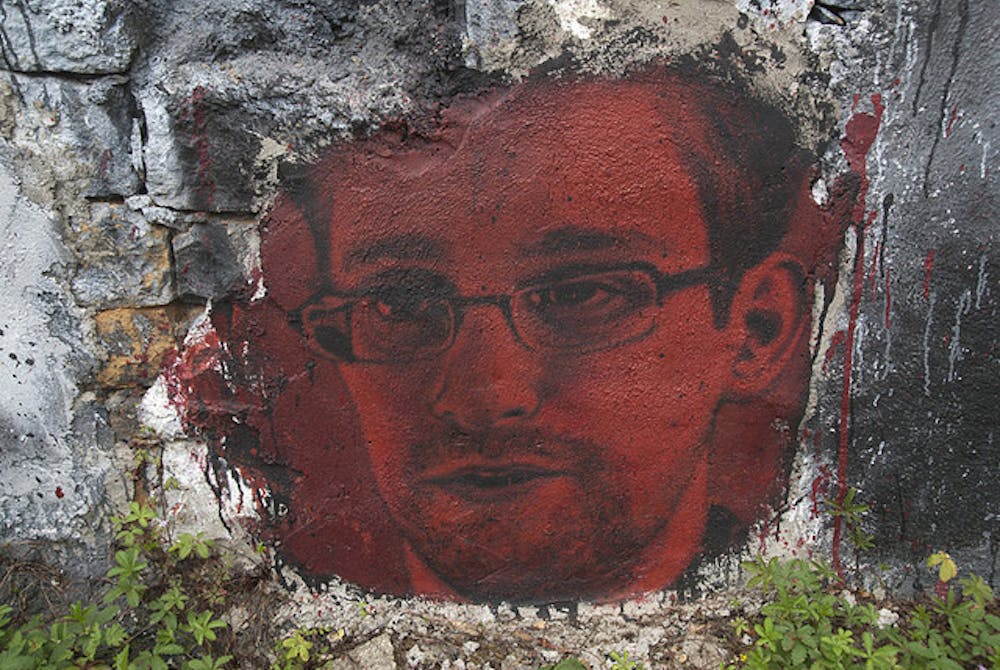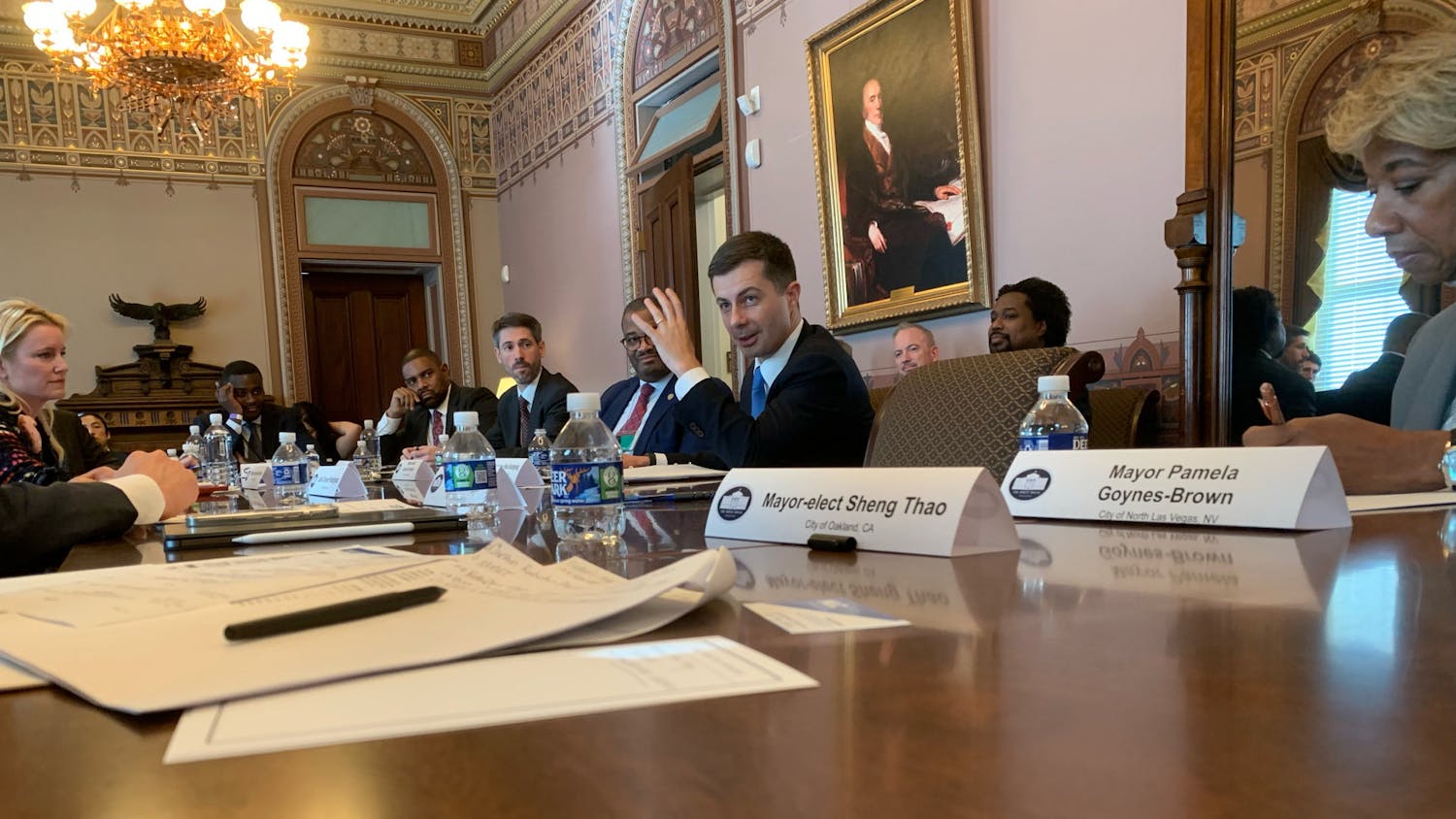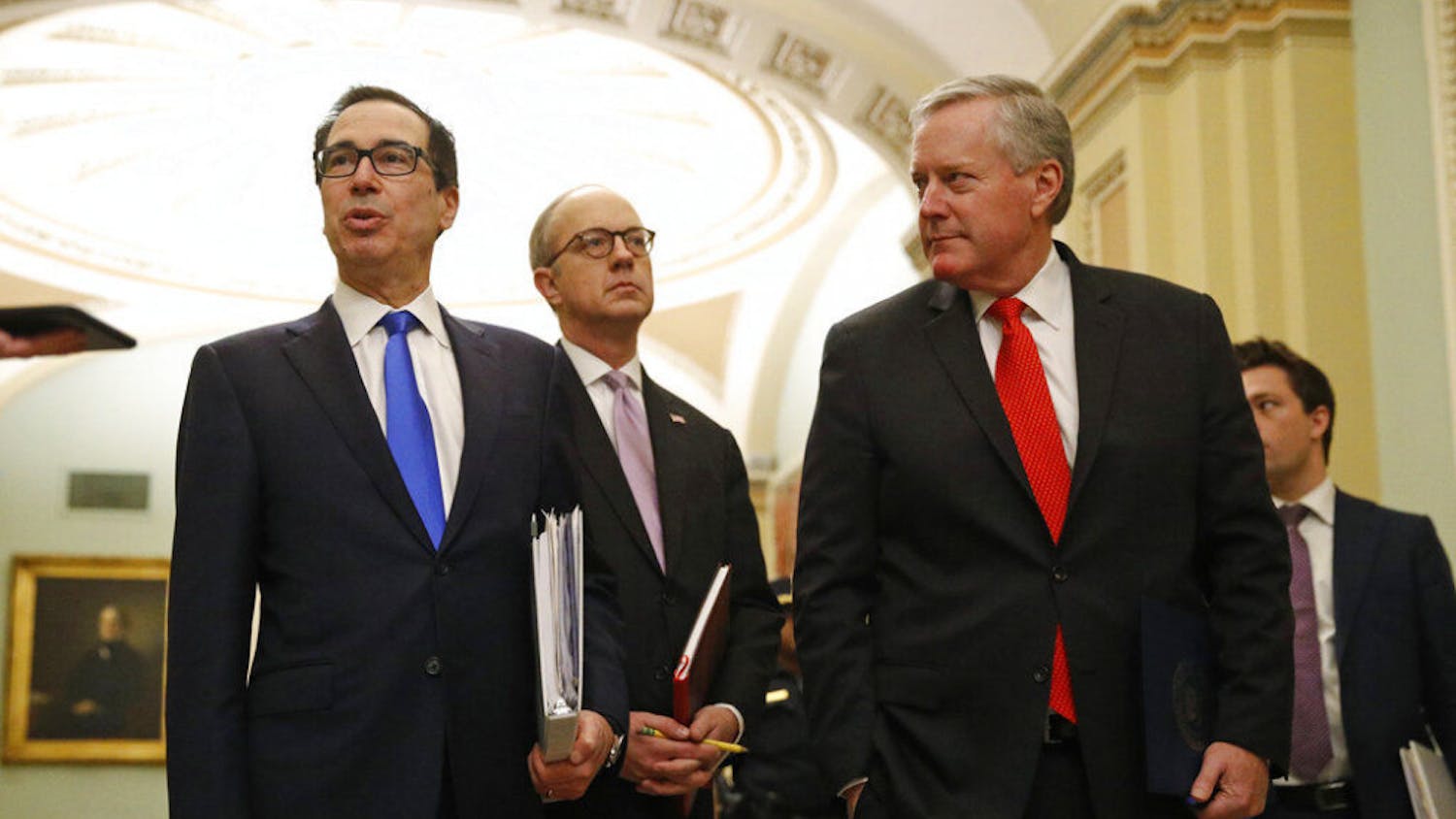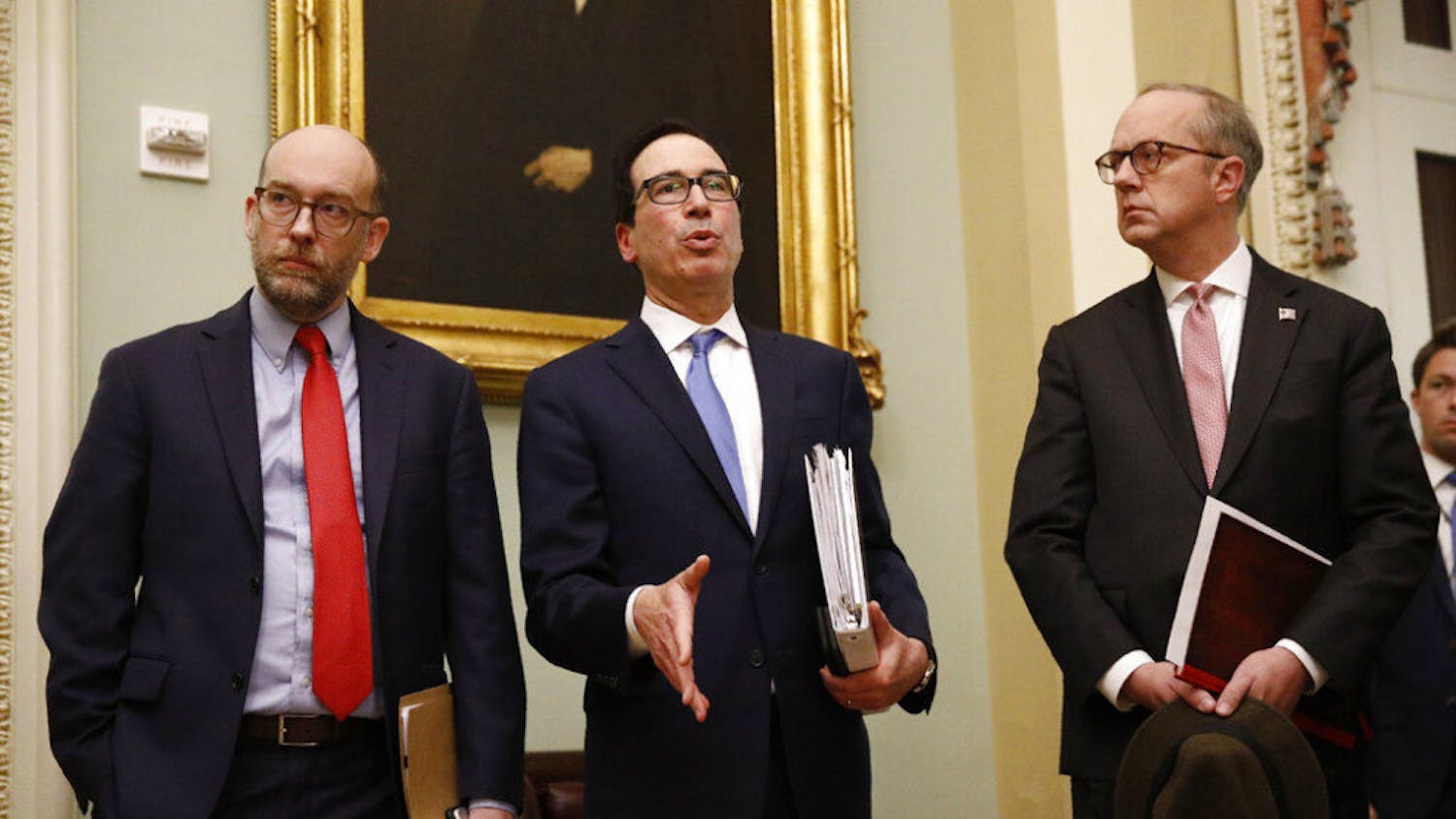Prior to the 16-day shutdown in Washington, D.C., Americans were largely focused on Edward Snowden and the National Security Agency (NSA).
To recap, since many of us have may have forgotten, Edward Snowden, 30 years old, is an exiled American who is being charged with espionage.
Snowden was a computer specialist, former CIA employee and an NSA contractor who leaked extremely important and classified information about the government’s surveillance program to the press.
Since leaking this top-secret information, Snowden has been granted asylum in Russia, which is where he will remain.
Prior to leaking information, Snowden lived a lavish life earning a yearly salary of $200,000.
Many have asked why on earth would Snowden give that up?
"I'm willing to sacrifice [my former life] because I can't in good conscience allow the U.S. government to destroy privacy, internet freedom and basic liberties for people around the world with this massive surveillance machine they're secretly building," said Snowden.
The Guardian and the Post were the first two papers to disclose the surveillance (PRISM) information released by Snowden. PRISM is a surveillance program that allows NSA analysts to extract and obtain information of customer activities on their cellphones as well as computers.
Such activities that can be retrieved are "audio and video chats, photographs, e-mails, documents" and other materials -- from computers at Microsoft, Google, Apple and other Internet firms, according to CNN.com.
Overall there have been three responses to the government spying:
- One, people don’t care
- Two, people would rather the government spy to obtain important information on individual terrorists or terrorist groups
- Three, people are furious and want something to be done ASAP
“The idea that they’re spying on me would only bother me if I had something to hide,” said Whitney Lavaux, 23-year-old. “I’d rather have a government that knew too much about me than one who stood back and waited for something bad to happen.” Lavaux is a graduate student studying Multimedia Telecommunications at the University of Florida.
However, for those who do care, President Obama plans to address this issue.
Lisa Monaco, Obama’s homeland security and counterterrorism adviser, said that the president has ordered a review of the surveillance programs, “including with respect to our foreign partners. We want to ensure that we are collecting information because we need it and not just because we can.”
Our foreign partners may be more upset about this scandal than anyone else, though.
On Friday, European leaders ended a European Union summit in Brussels with a stern warning to the United States about the spying activities: "A lack of trust could prejudice the necessary cooperation."
According to an article on USA TODAY, “most nations have spies, and most of them spy on each other.”
The difference between the United States spying and other countries spying: we got caught. China, or any other country for that matter, never leaked top-secret documents.
Now that individuals know the United States spies on them, (because we publicly admitted to it) people are more reluctant to trust us.
And that could pose to be a huge problem in the future.
President Obama has offered to “make some changes” in regard to the snooping scandal. Though, it is not clear what changes will be made and if the public will even be notified.
After all, this is top-secret information.






